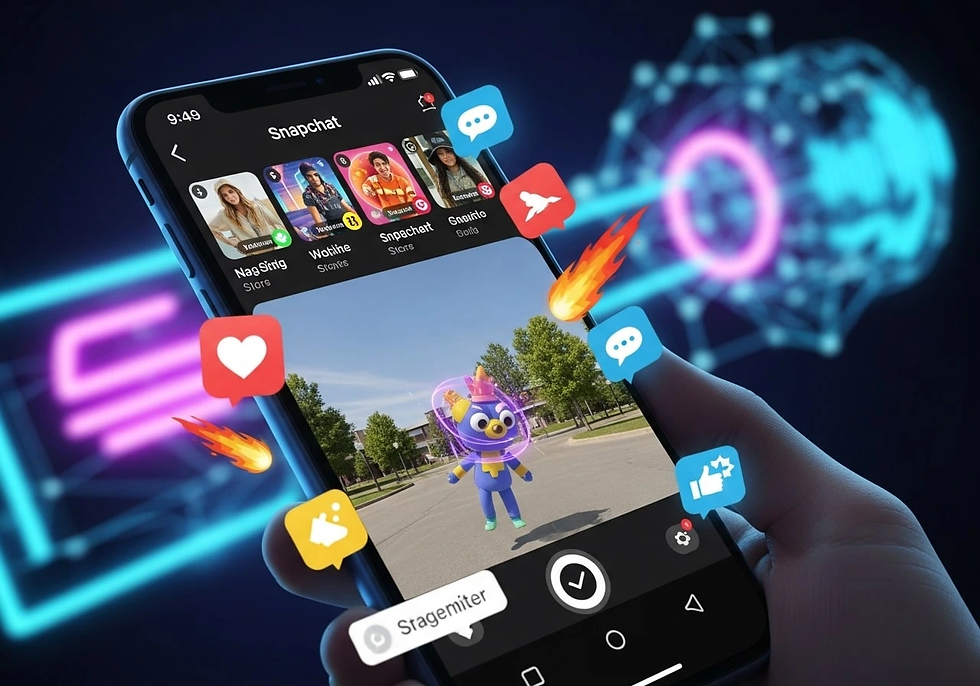Understanding Gen Z and Social Media: Strategies for Businesses | Evendigit
- evendigitsubmissio
- Sep 24, 2024
- 2 min read
As the most digitally savvy generation, Gen Z is reshaping the social media landscape. This blog explores how businesses can adapt to engage this influential demographic effectively.
1. Who is Gen Z?: Born between the late 1990s and early 2010s, Gen Z represents a unique cohort that has grown up with technology and social media as integral parts of their lives. Understanding their behaviors and preferences is essential for businesses aiming to connect with them.
2. The Role of Social Media: Social media plays a pivotal role in the lives of Gen Z. Platforms like Instagram, TikTok, and Snapchat are not just communication tools but also key sources of information and inspiration. Businesses must leverage these platforms to reach this audience effectively.
3. Gen Z and Millennials: While Gen Z is distinct, it’s important to consider their relationship with Millennials. Both groups share some similarities in their values, such as a preference for authenticity and social responsibility. However, Gen Z tends to be more influenced by visual content and interactive experiences.
4. Adapting Marketing Strategies: To effectively engage Gen Z, businesses must adapt their marketing strategies. This includes creating content that resonates with their values and preferences. Using platforms favored by Gen Z and incorporating trends like short-form videos can enhance engagement.
5. Incorporating Augmented Reality: Augmented Reality (AR) is a powerful tool for capturing the attention of Gen Z. With their love for immersive experiences, businesses can use AR in their marketing strategies to create interactive content. Whether it’s virtual try-ons for products or gamified experiences, AR can enhance brand interaction and engagement.
6. Building Authentic Connections: Authenticity is crucial for Gen Z. They favor brands that showcase transparency and social responsibility. Businesses should focus on building genuine relationships with their audience, engaging in two-way conversations, and responding to feedback.
7. Conclusion: Adapting to the preferences of Gen Z and leveraging social media is essential for businesses seeking to thrive in today’s competitive landscape. By understanding the unique characteristics of this generation, incorporating Augmented Reality into marketing strategies, and building authentic connections, companies can effectively engage Gen Z and drive brand loyalty.
As Evendigit highlights, embracing these strategies will not only enhance your brand’s visibility among Gen Z but also ensure long-term success in an ever-evolving digital world.







Comments